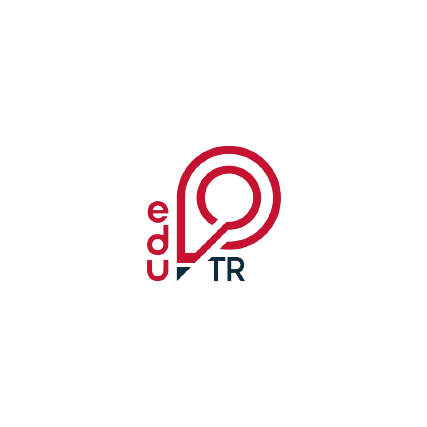- Associate Degree
- Type: Turkish (100%)
- 4 Years
- Full Time
Industrial design is a discipline that focuses on the creation and development of products, systems, and services that improve people’s lives, enhance user experiences, and contribute to the success of businesses. Industrial designers blend creativity, technical skills, and user-centered design principles to conceive and develop innovative solutions that address user needs, market demands, and manufacturing constraints.
Studying industrial design provides a comprehensive understanding of design thinking, aesthetics, ergonomics, materials, manufacturing processes, and user-centered design methodologies. Programs typically cover topics such as sketching, prototyping, CAD modeling, product development, human factors, sustainability, and design research. Students engage in studio-based learning, design projects, and collaborations with industry partners to develop their design skills and creative problem-solving abilities.
Opportunities in industrial design are diverse and varied, spanning across industries such as consumer electronics, furniture, automotive, healthcare, fashion, and consumer goods. Industrial designers may work in roles such as product designers, UX/UI designers, design researchers, design strategists, or design consultants, depending on their interests and career goals.
A career in industrial design offers numerous benefits, including the opportunity to create innovative and impactful solutions that improve people’s lives and shape the future of products and services. Industrial designers have the privilege of translating user needs, market insights, and technological advancements into tangible design concepts and prototypes, balancing form, function, and feasibility to create products that resonate with users and differentiate brands in the marketplace.
Furthermore, industrial design provides opportunities for creativity, collaboration, and interdisciplinary work, as designers collaborate with engineers, marketers, manufacturers, and other stakeholders throughout the product development process. Industrial designers have the chance to explore new materials, technologies, and design trends, pushing the boundaries of creativity and innovation to create products that delight users and drive business success.
The demand for skilled industrial designers is expected to remain strong as companies seek to differentiate their products, enhance user experiences, and stay ahead of competitors in rapidly changing markets. As such, individuals with expertise in industrial design are well-positioned to pursue rewarding careers and make a positive impact on the world through their creativity and design excellence.
To conclude, studying industrial design opens doors to a dynamic and fulfilling career that combines artistic expression, technical expertise, and user-centered design principles to create innovative solutions that improve people’s lives and drive business success. With a commitment to creativity, empathy, and excellence, industrial designers play a vital role in shaping the future of products and services and shaping the way we live, work, and interact with the world.
Information is being updated, stay tuned…
Information is being updated, stay tuned…
Information is being updated, stay tuned…
Information is being updated, stay tuned…

